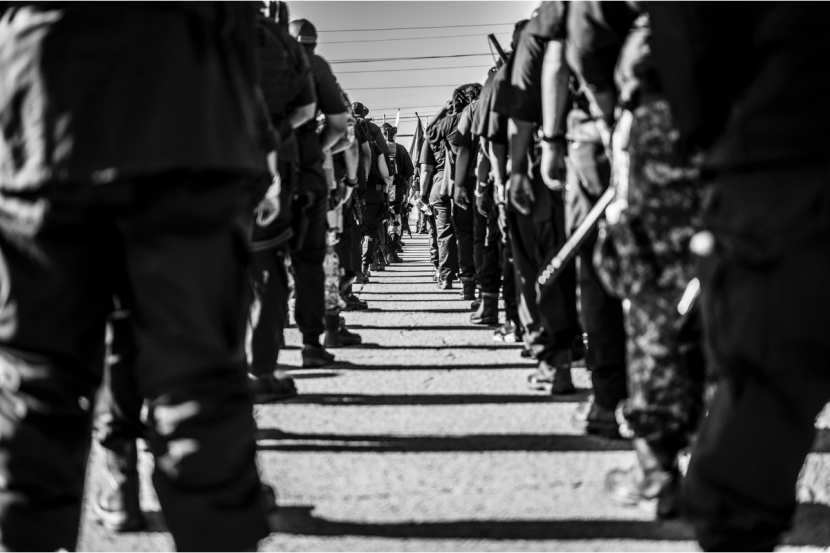
Iran has issued a chilling warning: it will 'send 50,000 American soldiers home in coffins' if the United States deepens its involvement in the rapidly escalating Iran-Israel conflict. The threat, delivered by Iranian MP Mahmoud Nabavian during a televised interview on 23 June 2025, has sent shockwaves through global diplomatic circles.
Nabavian's comments came just hours after US airstrikes reportedly targeted Iranian nuclear facilities in Fordow, Natanz and Isfahan as part of Operation Midnight Hammer. The situation, already volatile, now teeters on the edge of wider war.
What Sparked the Conflict?
Tensions flared earlier this month after Israel launched bombing raids on suspected Iranian military and nuclear installations. In response, Iran fired a barrage of missiles toward Israeli cities, including Tel Aviv and Haifa. The US then joined the fray, launching coordinated airstrikes on 22 June targeting Iran's underground nuclear sites.
President Donald Trump, back in the Oval Office, authorised the strikes, calling them 'preventive action' to stop Iran's nuclear ambitions. Tehran, however, has condemned the airstrikes as an 'act of war,' fuelling nationalist rhetoric and drawing sharp rebukes from Iranian officials.
When Did It All Boil Over?
The conflict reached a boiling point between 13 and 23 June. Israel initiated air raids, followed by Iranian missile retaliation. Drone attacks, cyber offensives and urban strikes have now become near-daily events in the region. The US airstrikes on 22 June marked a significant escalation, prompting Nabavian's warning, which has since gone viral.
Where Are the Flashpoints?
Iranian cities near key military zones, including Isfahan and Natanz, have been heavily targeted. Tehran has also come under threat, with reports of air defence systems activated near Evin Prison. Iran has once again threatened to block the Strait of Hormuz—a strategic waterway that handles nearly 20% of the world's oil shipments. A blockade could severely disrupt global oil markets and spike fuel prices worldwide.
Who Are the Key Players?
The main actors in this intensifying crisis are Iran, Israel and the United States. Iran's Supreme Leader Ayatollah Ali Khamenei has vowed "severe retaliation." President Trump, meanwhile, insists the US response is both legal and measured. Israeli Prime Minister Benjamin Netanyahu has defended his country's actions, calling them necessary to neutralise regional threats.
China and Russia have issued cautious calls for restraint, but have yet to take active diplomatic steps.
Why Should the World Be Concerned?
Beyond the immediate human toll—civilian deaths, overwhelmed hospitals and cities under missile threat—the geopolitical consequences are severe. A full blockade of the Strait of Hormuz could cripple global oil supplies, sending energy prices skyrocketing and disrupting economies already battling inflation.
More alarmingly, all three main players possess nuclear capabilities. The convergence of military posturing, national pride and volatile leadership is fuelling fears of miscalculation.
How Bad Could This Get?
The conflict remains in a high-risk phase. The rhetoric from Tehran is growing sharper, and Washington appears unwilling to pull back. Diplomatic efforts by the UN and EU are underway, but so far, they have yielded little beyond public statements.
As Nabavian's threat continues to dominate headlines, it underscores just how fragile the situation has become. The middle ground is disappearing fast—and the world is watching.
Originally published on IBTimes UK
© Copyright IBTimes 2025. All rights reserved.








